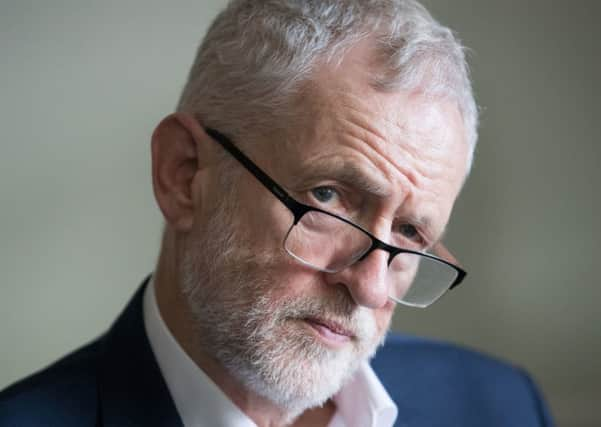How Jeremy Corbyn could prove to be the saviour of the UK – leader comment


It is probably fair to say that Jeremy Corbyn did not play a leading role in the 2016 Remain campaign. His contribution was so low key that some have speculated the Labour leader was a secret Brexiteer.
Perhaps he was merely ambivalent – a strange thing for any politician on such a momentous issue – but there is also a third explanation: he is simply not very good at campaigning.
Advertisement
Hide AdAdvertisement
Hide AdOver decades of making passionate speeches that were largely ignored, he may have failed to learn how to truly galvanise mass popular support for a cause, with his election as party leader more a case of the membership coming to him in desperate search of an alternative to New Labour, rather than being moved by his own powers of persuasion.
Today, the most important issue facing the UK is no longer Brexit, but the prevention of a reckless no-deal Brexit and the economic damage it will cause to the country.
Speaking in Derbyshire, Corbyn at last sounded like he might be stepping up to the plate. “Sorry, no-deal will be really serious. Serious for food prices, for medical supplies, for trade, for investment, and drive us straight into the hands of the sort of trade deal that Donald Trump wants to do with Boris Johnson. I’m sorry, it’s not on, it’s not acceptable. We will do everything we can to block it.”
He may wish to reconsider his use of the word “sorry” in this context – preventing no-deal is nothing at all to apologise for. But his rhetoric also needs to be matched by work to build alliances and co-ordinate tactics with MPs from other parties if the Commons is to have any chance of preventing the UK from leaving the EU without a deal on 31 October.
Corbyn, who sat down with Hamas and Hezbollah but refused to attend a cross-party meeting because former Labour MP Chuka Umunna had been invited, needs to put aside such past political differences if the anti-no-deal coalition is to succeed. Some may hope Labour’s Brexit Secretary Keir Starmer, one of the few politicians to enhance his reputation during the past three years, will make up for his boss’s shortcomings.
But the worry is that Corbyn privately sees political benefits to be had from allowing Johnson to wreck the country’s economy. Who, after all, will be left to pick up the pieces? Those who can envisage Utopia are all too often willing to pay a high price to achieve it.
